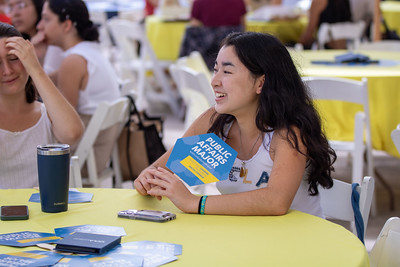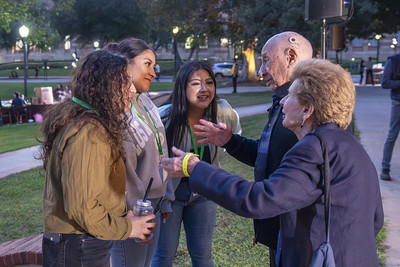Yaroslavsky on California’s ‘Formidable’ Pick for U.S. Senate
Zev Yaroslavsky, director of the Los Angeles Initiative at UCLA Luskin, spoke to CBS Los Angeles about the appointment of Laphonza Butler as California’s next senator. Butler, who has deep experience in Democratic politics as a campaign strategist and labor organizer, was selected by Gov. Gavin Newsom to fill the seat of the late Sen. Dianne Feinstein. “Laphonza Butler is a very serious and formidable individual in whatever position she takes,” said Yaroslavsky, who worked closely with Butler when she was a Los Angeles labor leader and he a county supervisor. Her work in the labor, nonprofit and private sectors demonstrated her “tremendous leadership qualities,” he said. The appointment fulfill’s Newsom’s vow that his next Senate appointment would be a Black woman. Said Yaroslavsky, “I don’t look at her just as an African American woman, I look at her as a formidable human being who has paid a lot of dues so far in her young life.”



